Teaching in Israel Pays Dividends for Baltimore Educators
Two summers ago, Johanna Busch, a second grade teacher at Monarch Academy in Baltimore City, was looking for something to do that summer. That’s when she discovered TALMA: The Israel Program for Excellence in English, an all-expense paid summer of teaching English to children in Israel.
Little did this Baltimore native know, that the three weeks she would spend in an Ashkelon, Israel classroom would prove invaluable. Not only would it allow her to view Israel in a new way, but it would inspire her with new ways to teach her Baltimore City students.
The program pairs native English-speaking educators from around the world with their Israeli Hebrew-speaking counterparts. Tailored for elementary age students, the program is an English immersion model, focusing on conversation – not memorization.
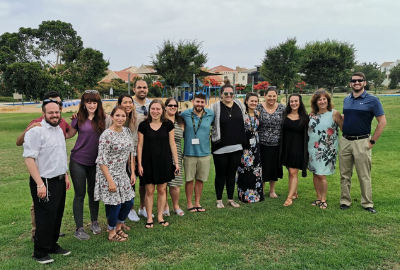
For Busch, who taught underprivileged students in Ashkelon, it was a chance to broaden her perspective on teaching.
“I discovered that schools in Israel work differently,” she says. “They are more casual, less intense and was built more on the relationship with students. In the United States, the students in our classrooms are scheduled every minute of their lives. There is often no time to even draw a picture or connect on a human level.”
That, she decided, she wanted to change. Upon returning to her classroom in the fall, Busch began adding interactive learning, dance and song to their curriculum. The result, she says, were happier students.
“And they ended up getting better test results,” she adds.
Last year, 15 Baltimore educators traveled to Ashkelon as part of the TALMA program. In addition to professional development, the program allowed these teachers to reconnect to both Israel and their Judaism.
“When I began recruiting for TALMA in Baltimore,” says Debra Feinberg, Deputy Director of TALMA, “most of the teachers who showed up an informational session at the JCC had never set foot in the JCC before. Now many of those who spent time last summer teaching in Israel are coming back, participating in the Jewish community, some even sitting committees for the Baltimore-Ashkelon Partnership.”
“TALMA makes such a difference in the lives of the students and teachers,” explains Harriette Golob Wienner, chair of the Baltimore-Ashkelon Partnership Funding Subcommittee which funds the TALMA program. “Our two cities are similar, and we have a lot to learn from one another. And, this experience is helping us build stronger connection between our two communities.”
“Ashkelon reminds me of Baltimore,” he says. “It’s a small town and everyone knows one another. Even my students had heard of Baltimore.”
Ben Snyder teaches eighth grade American history at Pine Grove Middle School in Baltimore County. Last summer, he spent three weeks teaching conversational English in Ashkelon, and was proud that by the end of the summer the students could hold a conversation in English.
Like Busch, Snyder also found that the environment is more casual in Israel, but teachers are more focused on creativity and less on test results.
“There is a difference in style,” says Snyder. “Israelis are less strict and more focused on creativity and project-based learning. They are less worried about tests, and more focused on the real skills kids should be learning. When I came back, I began to assign as many opportunities to be creative, including more group projects. I started looking for new ideas.”
Snyder, who had been to Israel previously through BBYO and the March of the Living, began to develop connections with the Israelis he met.
“I got to know the parents, the staff, even the falafel shop owner in Ashkelon who knew my order in advance,” he recalls. “We loved to talk about Baltimore, the Orioles and our connection as partner cities.”
He adds that he was impressed with the generosity of the Israelis – once meeting someone on a Tel Aviv bus. He invited him to his home for Shabbat if, he didn’t make it back to Ashkelon before the buses stopped running.
Snyder is looking to return for a second time this summer.
Dustin Brown, a kindergarten teacher in northeast Baltimore City, spent the last two summers with TALMA, teaching in Ashkelon. From the very beginning he felt a kinship with the community.
“Ashkelon reminds me of Baltimore,” he says. “It’s a small town and everyone knows one another. Even my students had heard of Baltimore.”
Teaching English without really knowing Hebrew taught Brown something about himself that would become invaluable in his classroom.
“It was difficult teaching with the language barrier, and I learned I have to be patient. It was something that served me well in my city classroom – that some kids may not pick up something right away and that you may need to explain it multiple times. It made me more self-aware.”
As for his own personal Jewish journey, the experience made him realize how important it is to keep Judaism alive.
“Before, I wasn’t as connected. Now I am committed to keeping my Jewish traditions alive.”
Subscribe to our newsletter
The Associated is a home for everyone in the Baltimore Jewish community. We offer several email lists to help people find a community, engage with their peers and support Jewish journeys around the world.
Join Our Mailing ListAdd Impact to Your Inbox
Sign up for our newsletter
Subscribe to our newsletter
The Associated is a home for everyone in the Baltimore Jewish community. We offer several email lists to help people find a community, engage with their peers and support Jewish journeys around the world.
Join Our Mailing List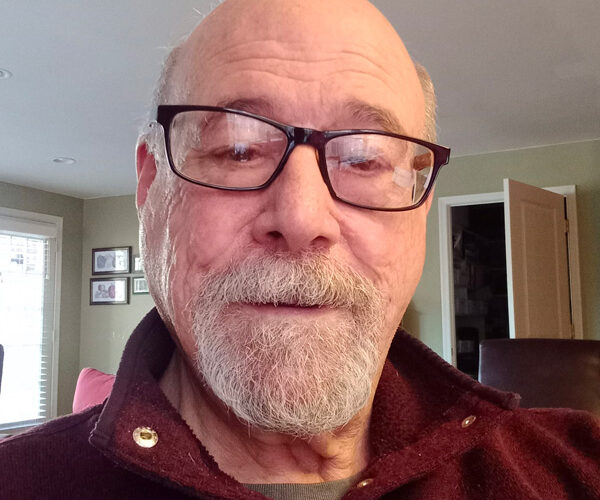
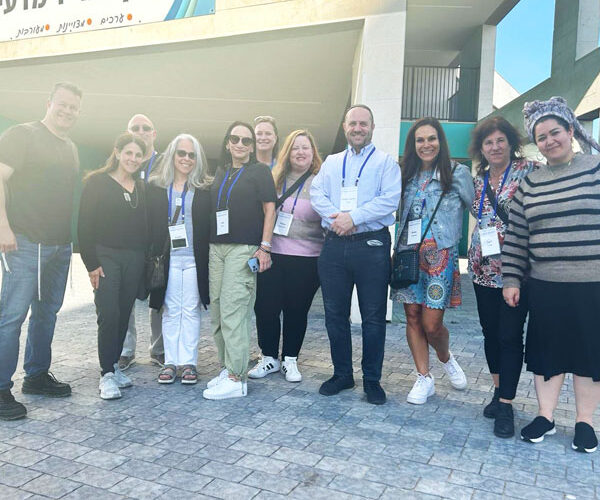
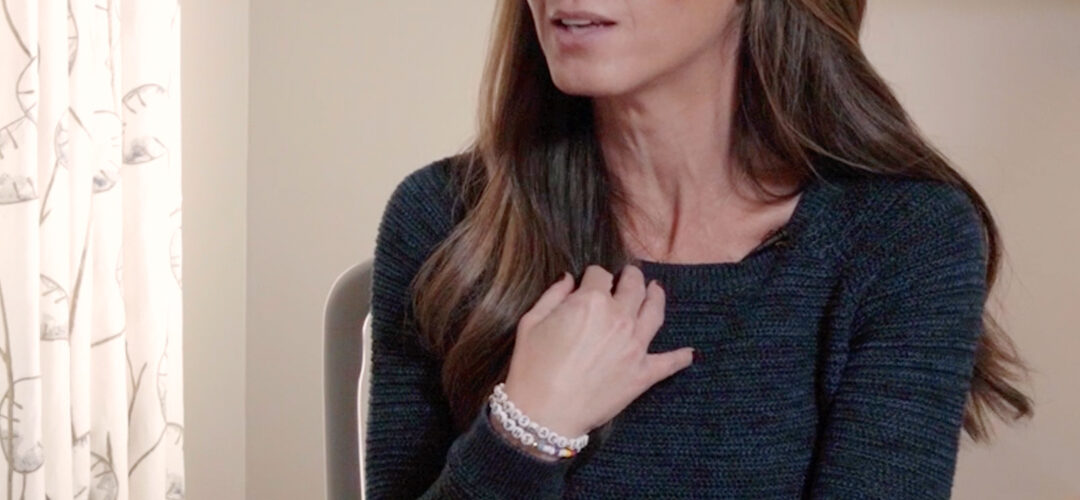
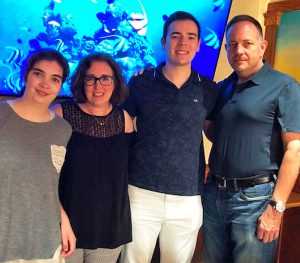

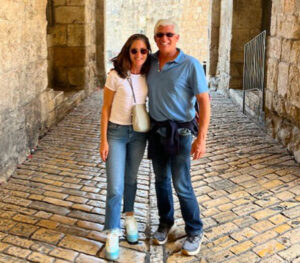
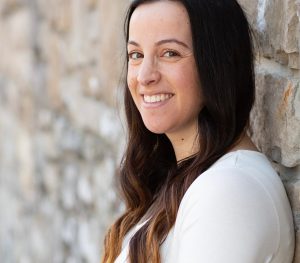

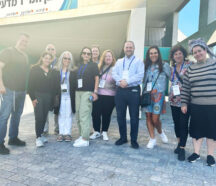

 Please Wait while we loading your video.
Please Wait while we loading your video.